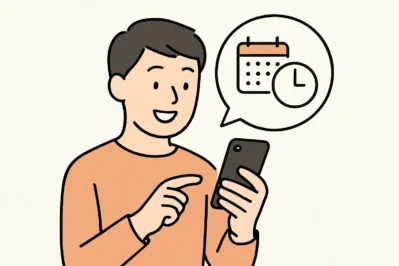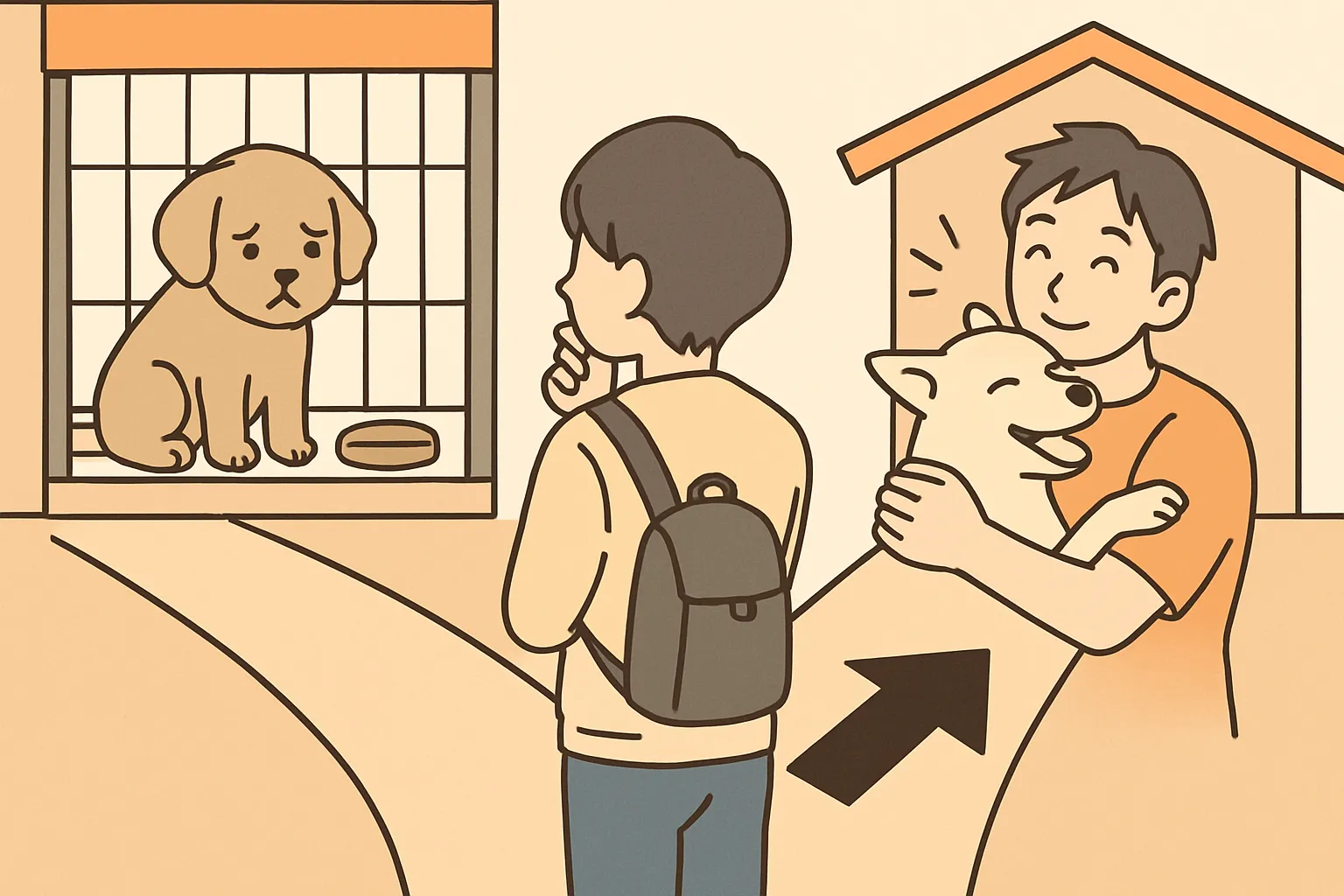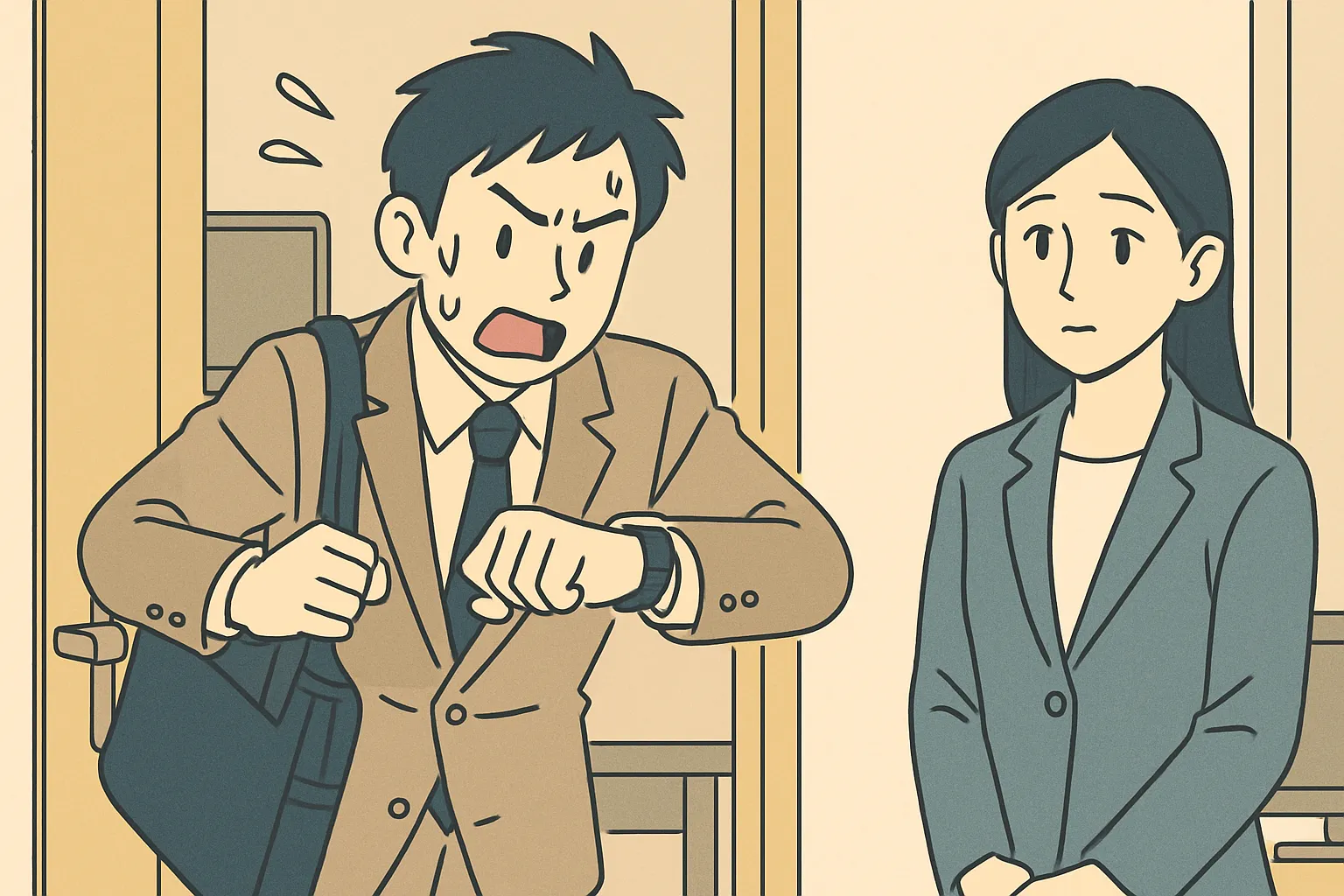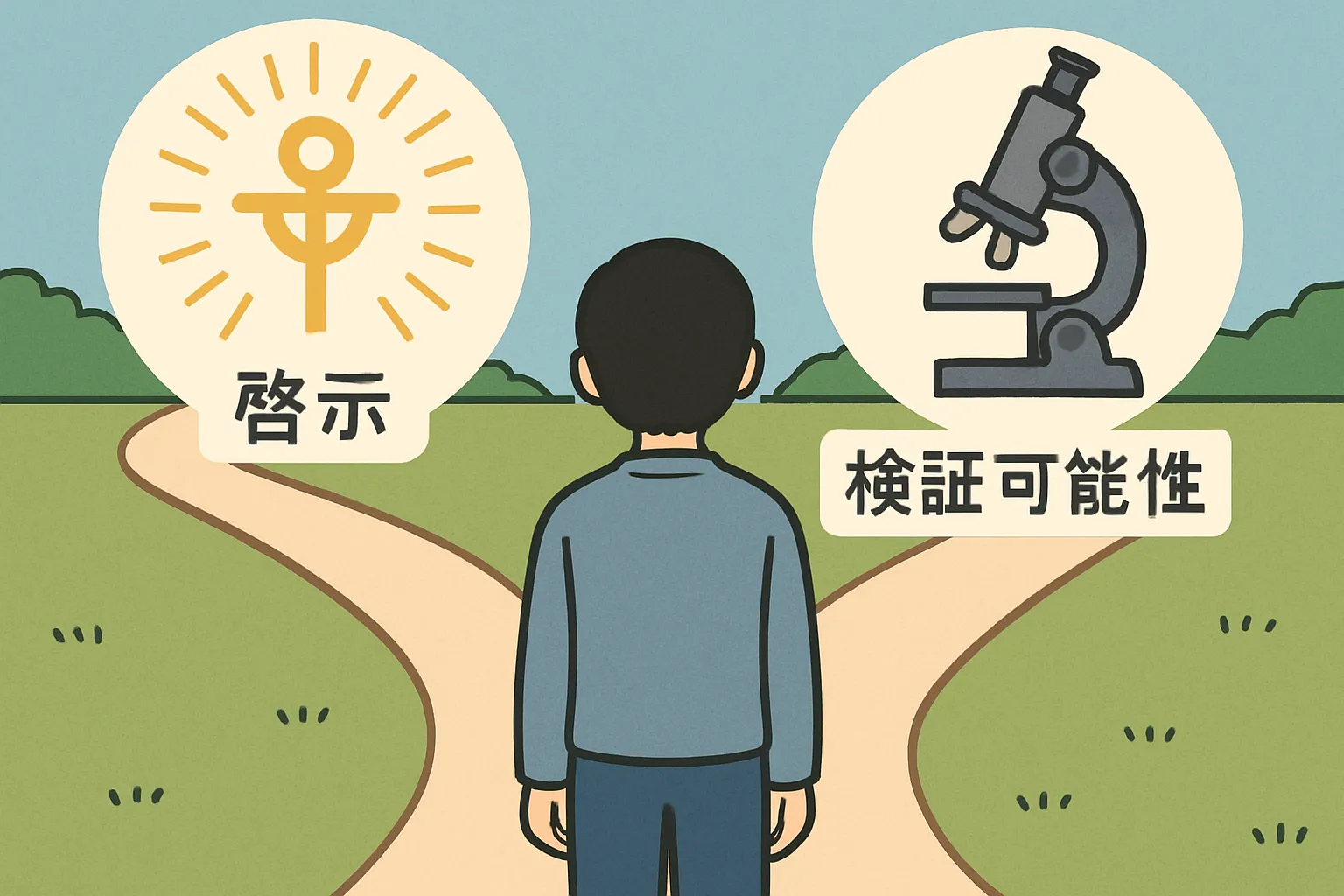“I’ll Call You Later!” How to Make Plans in Korean
Hello! Welcome to [Maeil Hangeul], where we upgrade your Korean skills every day!
Today, we’re going to learn how to talk about your future plans, specifically how to tell a friend you’re going to call them. This is super useful for making plans to hang out, catch up, or decide where to go. Speaking of which, did you know that in Korea right now, the MZ generation is crazy about sharing trendy food spots on social media? Things like “seasonal core” (제철코어), where people find and share foods that are in season, and the matcha craze are all over Instagram. Let’s learn how to make plans so you can go try these trendy spots with your Korean friends!
Key Expressions for Making Plans
Here are the essential phrases you need to know to make plans like a native speaker!
1. -(으)ㄹ게 [-(eu)l-ge]
* English Meaning: I will… (Expressing intention or a promise to the listener)
* Detailed Description: This is a grammar pattern you add to the end of a verb. It’s an informal and friendly way to express your intention or promise to do something for the listener. You use -ㄹ게 after a verb stem ending in a vowel (e.g., 가다 -> 갈게) and -을게 after a verb stem ending in a consonant (e.g., 먹다 -> 먹을게). It’s perfect for telling a friend, “I’ll do it!”
2. 이따(가) [I-tta-(ga)]
* English Meaning: A little later / Later today
* Detailed Description: This is a super common word to say you’ll do something “later” on the same day. It’s casual and used frequently among friends. You can put it at the beginning or middle of a sentence. For example, “이따가 봐!” means “See you later!”
3. 전화하다 [Jeon-hwa-ha-da]
* English Meaning: To make a phone call
* Detailed Description: This is the basic verb for “to call.” When you combine it with the -(으)ㄹ게 grammar we just learned, it becomes “전화할게” (jeon-hwa-hal-ge), which means “I’ll call you.” It’s the perfect phrase for today’s mission!
Example Dialogue
Let’s see how these expressions are used in a real conversation. Two friends, Alex and Minjun, are talking about a trendy new cafe.
A (Alex): 민준아, 인스타그램에서 새로운 말차 카페 봤어? 진짜 맛있어 보여!
(Minjun-ah, ins-ta-geu-raem-e-seo sae-ro-un mal-cha ka-pe bwas-seo? Jin-jja mas-iss-eo bo-yeo!)
(Minjun, did you see the new matcha cafe on Instagram? It looks so delicious!)
B (Minjun): 정말? 우리도 가자! 언제 시간 돼?
(Jeong-mal? U-ri-do ga-ja! Eon-je si-gan dwae?)
(Really? Let’s go too! When are you free?)
A (Alex): 음… 스케줄 확인해야 돼. 이따가 전화할게!
(Eum… seu-ke-jul hwa-gin-hae-ya dwae. I-tta-ga jeon-hwa-hal-ge!)
(Hmm… I have to check my schedule. I’ll call you later!)
B (Minjun): 좋아! 기다릴게.
(Jo-a! Gi-da-ril-ge.)
(Okay! I’ll be waiting.)
Culture Tip & Trend Deep Dive
In Korea, making spontaneous plans via text or a quick call is very common, and the phrase “-(으)ㄹ게” is key to this culture. It has a soft and friendly nuance, showing the listener you’re making a decision while considering them.
This connects directly to the latest trend mentioned in our introduction! The Korean MZ generation (Millennials + Gen Z) loves sharing their experiences on social media like Instagram and TikTok. When they see a friend post about a trendy new matcha latte or a “seasonal core” (제철코어) dish, they’ll often message right away saying, “Let’s go there! I’ll call you later to decide when!” (거기 가자! 이따가 전화할게!).
So, if you use “이따가 전화할게” after seeing a cool post from your Korean friend, you’ll sound just like a local who’s up-to-date with the latest trends!
Let’s Wrap It Up & Practice!
Great job today! You’ve learned how to tell a friend you’ll call them later using -(으)ㄹ게, 이따가, and 전화하다. These are essential for making plans and joining in on all the fun trends in Korea.
Practice Time!
Fill in the blank to complete the sentence. How would you tell your friend, “I will call you tomorrow”?
- 내가 내일 ______! (Nae-ga nae-il ______!)
(Answer: 전화할게 [jeon-hwa-hal-ge])
Now it’s your turn! Try making a sentence using today’s expressions and leave it in the comments below! Keep up the great work






